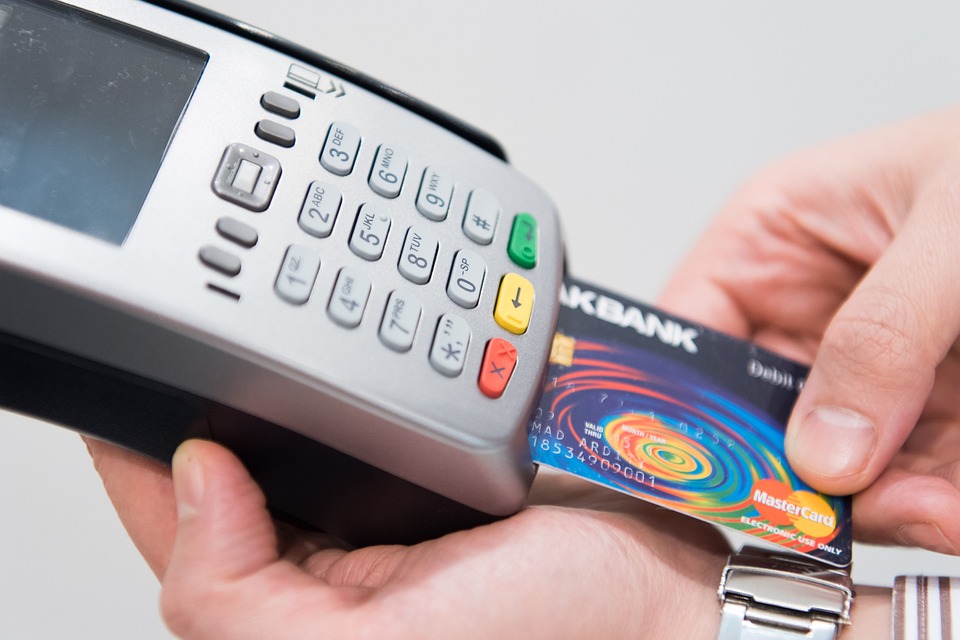Understanding Bankruptcy: How to Regain Financial Stability
In today’s volatile economic climate, many individuals and businesses may find themselves facing financial difficulties that seem insurmountable. For some, bankruptcy may be the only viable option to regain control of their finances and start fresh. Understanding the ins and outs of bankruptcy can be key to navigating this complex process and ultimately achieving financial stability once again.
What is Bankruptcy?
Bankruptcy is a legal process that allows individuals and businesses to eliminate or repay their debts under the protection of the federal bankruptcy court. There are several types of bankruptcy, with Chapter 7 and Chapter 13 being the most common for individuals.
Chapter 7 bankruptcy involves liquidating assets to pay off debts, while Chapter 13 bankruptcy allows individuals to create a repayment plan to settle their debts over a period of time. Each type of bankruptcy has its own set of eligibility requirements and implications, so it’s important to understand which option is best suited to your financial situation.
Steps to Regain Financial Stability through Bankruptcy
1. Assess Your Financial Situation: Before filing for bankruptcy, it’s crucial to take stock of your assets, debts, and income to determine if bankruptcy is the right solution for you.
2. Consult with a Bankruptcy Attorney: Seeking the advice of a qualified bankruptcy attorney can help you navigate the legal complexities of the bankruptcy process and ensure that you make informed decisions every step of the way.
3. File for Bankruptcy: Once you’ve determined that bankruptcy is the best course of action, you’ll need to file a petition with the bankruptcy court to initiate the process. This will involve disclosing all of your assets, debts, and financial transactions to the court.
4. Attend Credit Counseling: Before your debts can be discharged through bankruptcy, you’ll be required to attend credit counseling to help you better manage your finances in the future.
5. Follow the Court’s Instructions: Throughout the bankruptcy process, it’s important to comply with all court orders and requirements to ensure a smooth and successful resolution of your financial situation.
FAQs
Q: Will bankruptcy ruin my credit?
A: While bankruptcy will have a negative impact on your credit score, it is possible to rebuild your credit over time by practicing good financial habits and making timely payments on any remaining debts.
Q: How long does bankruptcy stay on my credit report?
A: Bankruptcy can stay on your credit report for up to 10 years, depending on the type of bankruptcy you file.
Q: Can I keep my house and car if I file for bankruptcy?
A: In many cases, you may be able to keep your primary residence and vehicle when filing for bankruptcy, depending on the exemptions available in your state.
Q: Will I lose all of my assets if I file for bankruptcy?
A: Exemptions exist that allow you to protect certain assets from being liquidated during bankruptcy proceedings. Consulting with a bankruptcy attorney can help you understand which assets are exempt in your specific case.
For further information and guidance on regaining financial stability through bankruptcy, you can visit Bankrate’s guide on regaining financial stability after bankruptcy.






